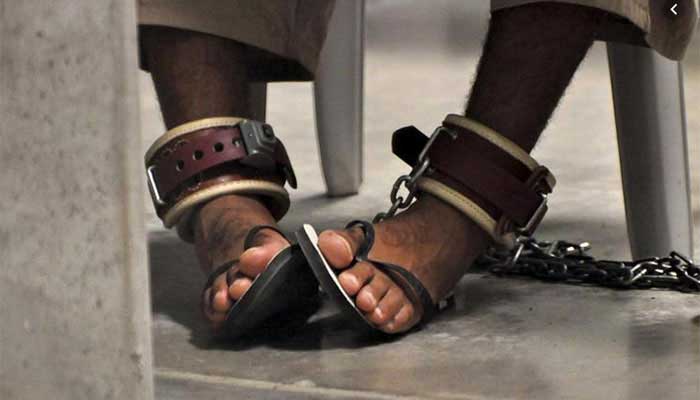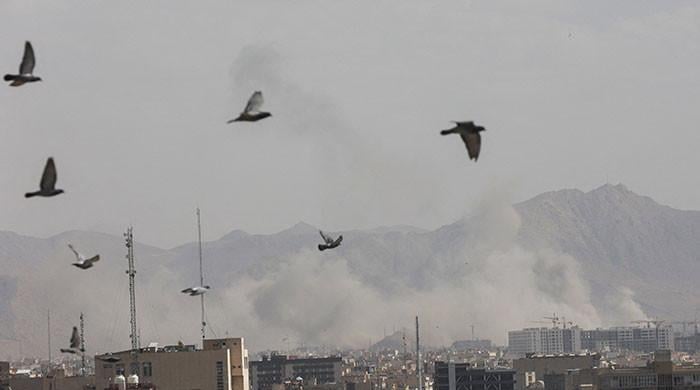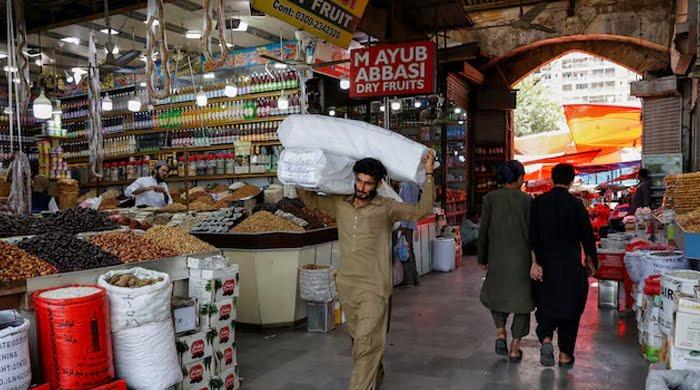What’s stopping Pakistan from criminalising police torture?
The law enforcement officers who use methods of torture enjoy a culture of impunity, writes Maria S Kazmi
March 15, 2021

On March 9, Irfan Jatoi, a Sindh University student, was found dead in Sukkur. His friends and fellow students allege that he was abducted from the university premises by the police a month back and later killed in a fake police encounter.
What happened to Jatoi will now be added to the long list of human rights violations committed by police in Pakistan.
Torture at the hands of law enforcement agencies (LEAs) is a pervasive problem, compounded by the fact that there is no law criminalising torture in Pakistan. Attempts have been made over the years to criminalise torture, but multiple proposed legislatures are pending or have failed to pass.
The latest bill on the matter — the “Torture and Custodial Death (Prevention and Punishment) Bill 2020” — tabled by Senator Sherry Rehman on February 10, 2020, has yet to be passed by the parliament.
Despite international obligations, considerable political support, and acknowledgement that torture should be criminalised, bills attempting to do so constantly lapse and fail to be passed in both the National Assembly and Senate.
A joint report by the World Organisation Against Torture (OMCT) and Justice Project Pakistan (JPP), titled “Criminalising Torture in Pakistan: The need for an effective legal framework”, emphasises the lack of clarity on the issue of torture in Pakistan’s domestic laws.
There is no definition of torture and torture isn’t even recognised or mentioned in either of our primary legislature dealing with criminal offences such as the Pakistan Penal Code (PPC) or the Code of Criminal Procedure (CrPC).
Torture at the hands of law enforcement agencies is widespread in Pakistan, with reports making headlines on a regular basis. It is horrifying to consider how normalised torture is, not only by law enforcement agencies but the entire criminal justice system.
It is seen as an acceptable and even expected part of the interrogation process, not only by the perpetrators but also by other major actors within the system as well as the general public. Rather than building a case by using investigative skills and techniques, it is seemingly a matter of convenience for police to extract information and false confessions using methods of torture.
There have been many cases of innocent people tortured into giving false confessions, implicated, convicted, and sentenced for crimes they have nothing to do with. Countless such people have even been sentenced to death and we will never know how many lives have been lost.
One of the few lives saved is that of Muhammad Iqbal, who was arrested as a juvenile and tortured into confessing his involvement in a murder. After two decades in prison, Iqbal was finally released last year after his death sentence was commuted to life imprisonment.
The law enforcement officers who use methods of torture enjoy a culture of impunity and are protected by the very system they hold positions of authority in.
Just last week, two police officers were granted bail on a custodial torture case. Videos of a young man being stripped and beaten went viral on social media, which led to the initial arrest and subsequent release of the police officers involved.
Victims or families of those who suffer custodial torture at the hands of the police are left with little choice but to report it to the very same institution that employs the perpetrators. As such, it is clear that any internal investigation conducted is not free from bias and even rare cases that make it to the courts do not provide justice to the victims.
How much longer can this be allowed to continue?
Pakistan ratified the United Nations Convention against Torture (UNCAT) in 2010, but more than a decade later, torture is yet to be criminalised. The failure to enact anti-torture legislation goes against our international obligations as well as Pakistan’s own National Action Plan. Pakistan is in dire need of an independent regulatory body that investigates incidences of torture and violence and reprimands those involved.
We cannot allow more lives to be ruined and lost due to sheer negligence.
Kazmi is a criminologist interested in international security, gender-based violence, and women’s rights. She currently works at Justice Project Pakistan.











